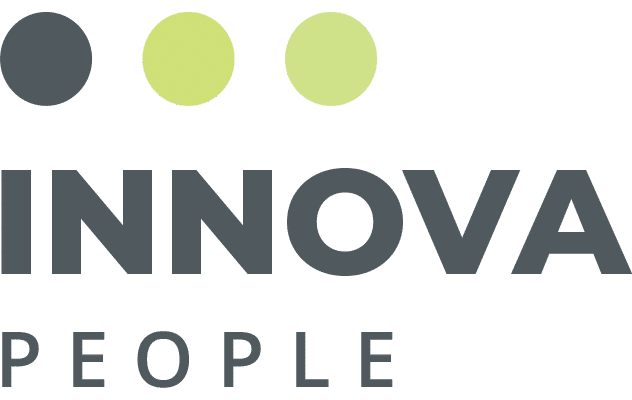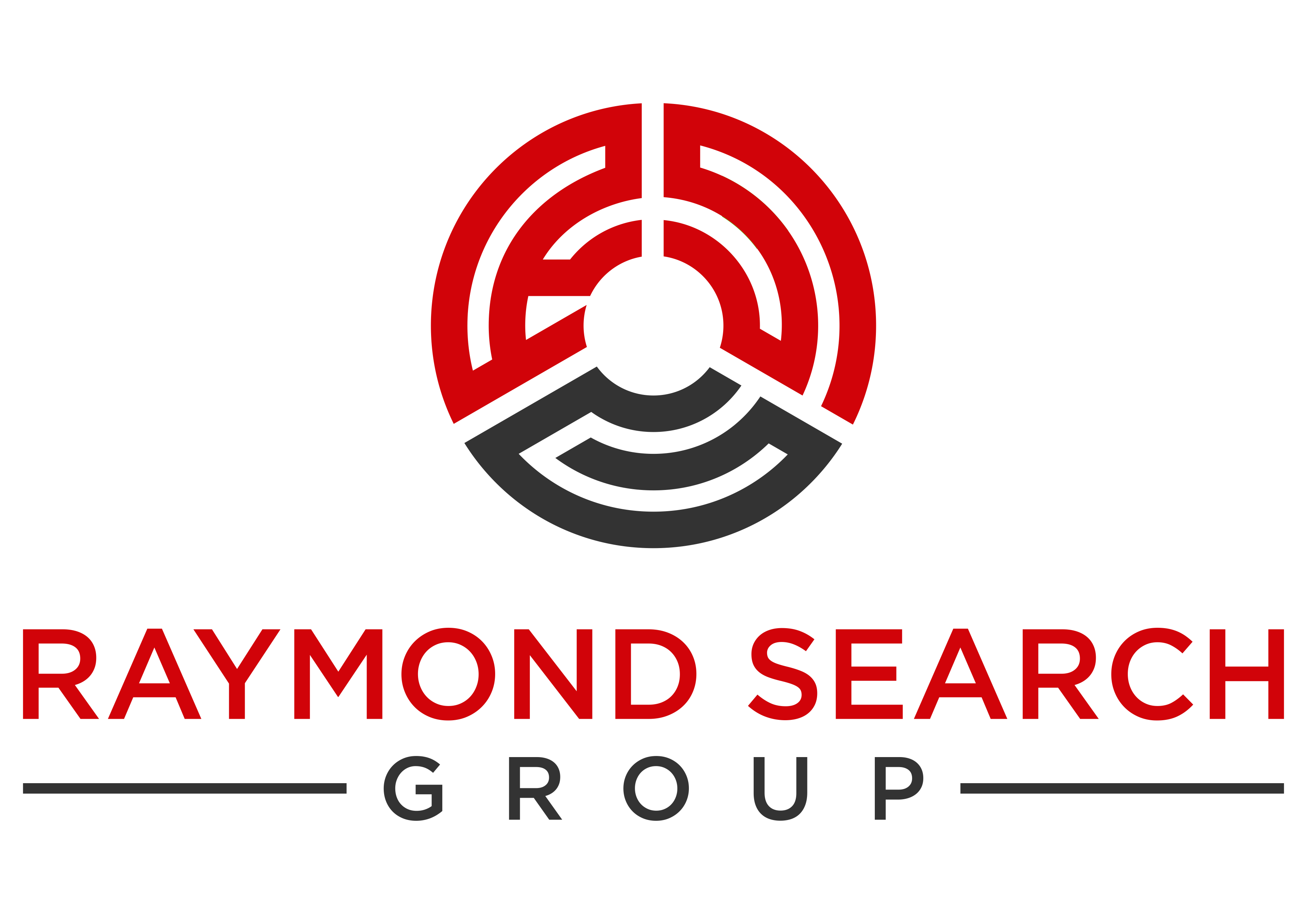Max Resnik, Medical Cannabis Practice Leader at Direct Recruiters, had the opportunity to connect with Joe Wentzell, VP of Revenue for Cure Solutions, during MJBizCon in Las Vegas. Together, they discussed retail strategies in cannabis, how Joe made the industry leap and the pandemic’s impact on the space. Check out Joe’s insights in this latest Thought Leader Interview on the cannabis space.
Joe Wentzell, VP of Revenue for Cure Solutions
There are some important similarities between the two industries. I came into the cannabis industry through retail and bicycle retail specifically; both industries have an extremely passionate employee and customer base who are often choosing these products to improve their health and wellbeing. And even though employees in both industries are subject matter experts, often, customers and patients are so well-informed that they can give our employees a run for their money. Recruiting, developing, and maintaining well educated and enthusiastic employees in retail is often a challenge. My prior experience leading large specialty retail teams in the bicycle industry was helpful in navigating that challenge.
Prior to the pandemic, we provided a physically close and high touch retail environment where our employees could answer questions and spend time with patients, especially new patients. Once all of the social distance measures were put into place, we lost a lot of that opportunity to educate. We gained a significant number of new patients during the pandemic who only knew the quick transactions of a socially distant shopping experience. It was really exciting, and I think we’ve learned about all the different ways we can reach people, whether that’s through Zoom conferencing to provide education, or through online ordering and curbside pick-up.
In Pennsylvania for example, the regulations require that the first point of contact a patient has is with a pharmacist. Pre-pandemic we were limited by how many patients could get time with a pharmacist. When the state allowed for remote consultations we were able to double the amount of consultations each pharmacist could have in a given day.
As to patients trying cannabis for the first time during the pandemic: that has been an important theme for us throughout the pandemic. We met a lot of new patients who turned to cannabis to help them deal with some of the challenges that the pandemic imposed on us all, particularly in the early days. And one of the most important things we were able to do for these new patients was meet them where they were in their personal cannabis journeys. For instance, when talking about potency. As you know, many people believe that higher THC in a product means higher quality. But when we’re talking about patients who are new to cannabis, that’s just not true. For new patients, generally speaking, less is more. I think the worst thing you can do for a new patient is sell them a product that’s too strong, and then they have a negative experience and don’t get the relief they’re looking for, and then conclude that cannabis is not part of the solution to their challenges.
Yes, absolutely. It’s the difference between patients and customers. You have to understand where they’re coming from, and what their needs are. They approach cannabis differently, starting with how they even find the brand or the dispensary they choose to support..
I want to note that Cure, at its heart, is a medical cannabis company, from its roots in Colorado in 2009. It’s our belief that if you treat all patient / customer interactions from a health and wellness perspective, you won’t go wrong. Starting with that mindset is who we are and from there each interaction begins with understanding what the patient’s current knowledge of the products is, and what it is they are trying to achieve with the products they purchase. Getting to the essence of those questions requires people that are willing to work hard and take the time to listen to the customer. In other kinds of retail, salespeople are taught to maximize the value of every sale. But that’s not always the right thing to do, and so sometimes we have to work with new staff to unlearn that lesson. To succeed, we have to earn our patients’ trust every time they visit us. And that’s hard, but it works!
With that in mind the challenge isn’t so much treating medical and recreational customers differently, it’s trying to scale processes in states that have drastically different regulatory environments. To solve that problem, it requires a lot of hard work and finding small opportunities to replicate processes. There’s not as much opportunity to be efficient, therefore, It requires more time and more people to operate in each of those states than would be required in a traditional multi-state retail environment.
The pandemic marks a turning point for cannabis. To me, the fact that dispensaries around the country were immediately designated essential businesses reflected a fundamental shift in how the public and our lawmakers view this industry. Beyond acknowledging that cannabis industry workers are essential to their communities, at a time when public health was top of mind for everyone in America, access to safe, regulated cannabis was at the heart of our states’ public health strategies. I think that our industry’s track record of safety, compliance and patient care over the past two years have done more in service of broadening access to cannabis than any ballot measure ever has.
To my earlier point about educating new patients, going forward, I think there’s a lot of opportunity for educational platforms to help brands engage directly with patients as well as dispensary employees. And I think that the pandemic really gave us an opportunity to explore those in more detail and more rapidly than we may have done prior to the pandemic . At Cure we are now merging some of the high touch shopping experience with the efficient and convenient shopping experience that emerged during the pandemic. As a vertically integrated operator we also recognize the need to get product and brand information in the hands of many employees that may not necessarily work for one of our dispensaries but who nonetheless need to have an in-depth understanding of our products. The fact that we are here talking today shows how far we have come since the start of the pandemic. Next year the pandemic will hopefully be in the rearview mirror and we will see the benefits of combining the lessons learned during the past two years, the growing acceptance of cannabis in our culture and in our politics. The future is bright and it’s exciting to be a part of that evolution.
I think this space has so many opportunities for people who have experience in other worlds. There’s a lot of different ways of approaching a multitude of challenges that we face every day. Grab onto one of those challenges and come prepared with a solution for solving it. I think that if you can show you can think flexibly and bring some experience that we haven’t thought of yet in this industry, then there’s a place for you. That’s for sure.





